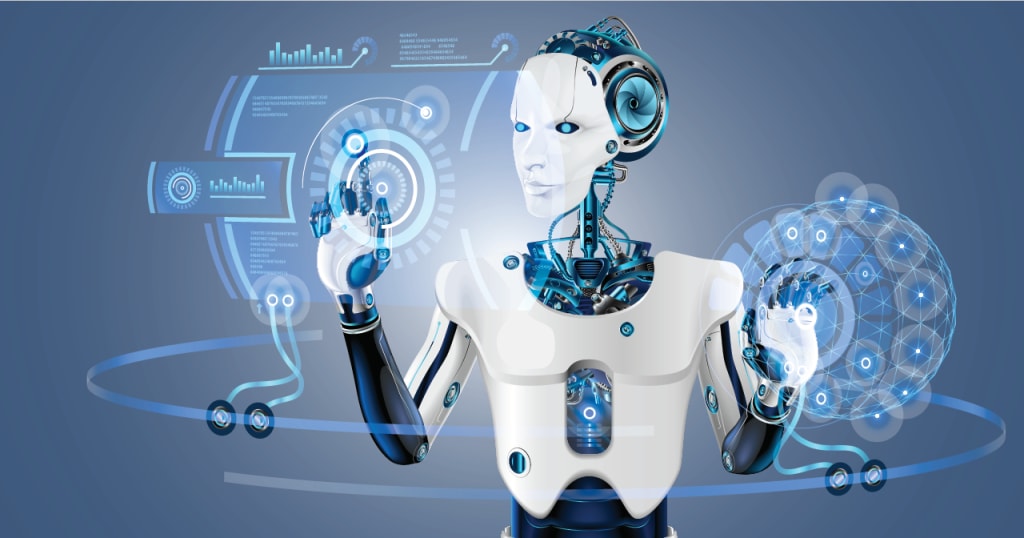The Future of Work: How Technology is Changing the Way We Work
Technology

Introduction
The future of work is a topic that is on everyone's minds, especially in today's rapidly changing world. With the advent of new technologies and the rise of the gig economy, the way we work is transforming in ways that were once unimaginable. In this article, we will explore how technology is changing the way we work and what the future of work may hold.
Automation and Artificial Intelligence
One of the most significant changes in the future of work is the rise of automation and artificial intelligence (AI). Automation refers to the use of machines or software to perform tasks that were once performed by humans. AI, on the other hand, refers to the ability of machines to perform tasks that would normally require human intelligence, such as learning, problem-solving, and decision-making.
The increasing use of automation and AI is changing the nature of work in several ways. It is allowing companies to increase efficiency and productivity, reduce costs, and improve accuracy. However, it is also leading to job displacement, as machines and software take over tasks that were once performed by humans. As a result, many workers are finding themselves in need of new skills and training to adapt to the changing job market.
Remote Work
Another significant change in the future of work is the rise of remote work. With the increasing availability of high-speed internet and mobile devices, it is now possible for many workers to work from anywhere in the world. Remote work allows companies to access a global talent pool and reduce costs associated with maintaining a physical office.
Remote work also offers several benefits to employees, including increased flexibility, a better work-life balance, and the ability to work from anywhere. However, it also presents challenges, such as the need for strong communication skills and the potential for social isolation.
The Gig Economy
The gig economy refers to the increasing trend of workers taking on short-term or freelance jobs rather than traditional full-time positions. The rise of the gig economy has been driven in part by the increasing availability of online platforms that connect workers with potential clients or customers.
The gig economy offers several benefits to workers, such as increased flexibility and the ability to work on multiple projects simultaneously. However, it also presents challenges, such as the lack of job security and the need for workers to be highly self-motivated and entrepreneurial.
Skills of the Future
As the nature of work changes, so do the skills that are in demand. In the future, workers will need to be highly adaptable and possess a range of skills that can be applied to a variety of tasks and situations. Some of the skills that will be in demand in the future include:
Digital literacy: Workers will need to be highly skilled in using digital technologies, such as social media, cloud computing, and data analysis.
Creativity: As machines and software take over routine tasks, workers will need to be highly creative and able to generate new ideas and solutions.
Emotional intelligence: Workers will need to be highly skilled in managing their own emotions and empathizing with others.
Problem-solving: Workers will need to be highly skilled in identifying and solving complex problems.
Communication: With the rise of remote work, workers will need to be highly skilled in communicating effectively across a range of digital platforms.
Conclusion
The future of work is rapidly changing, driven by the rise of new technologies and the changing nature of the global economy. As the way we work evolves, it is important for workers and companies to stay ahead of the curve and adapt to the changing landscape. By developing new skills, embracing new technologies, and embracing the flexibility of remote work and the gig economy, workers can thrive in the future of work.






Comments
There are no comments for this story
Be the first to respond and start the conversation.